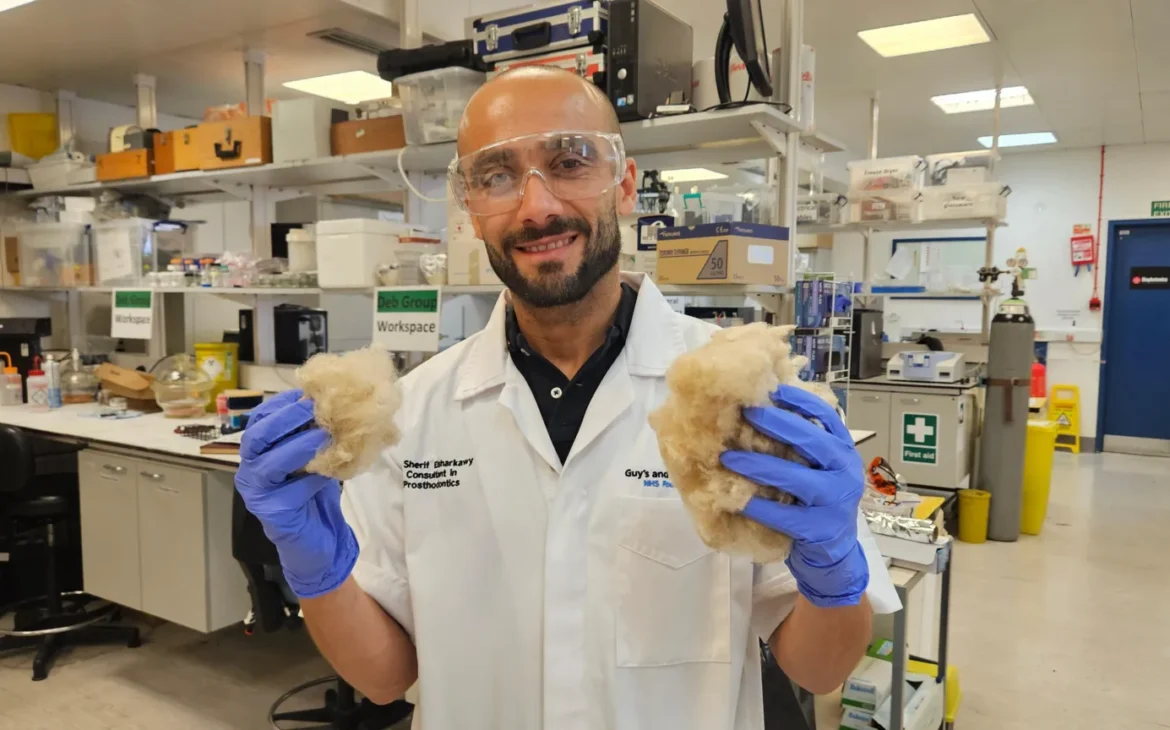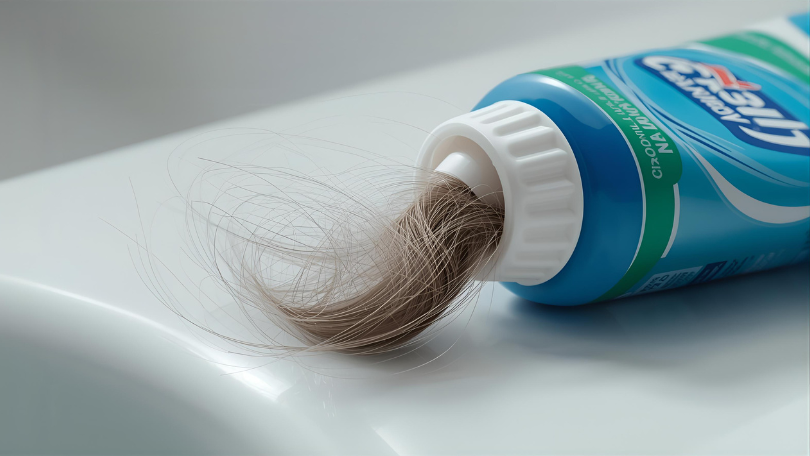The answer to repairing damaged teeth might be hiding in an unlikely place: Your hair.
Researchers at King’s College London have discovered that keratin, the protein that makes up hair, skin and wool, can be used to rebuild tooth enamel and protect against decay.
Their study, published in Advanced Healthcare Materials, shows that keratin forms a protective layer that behaves much like natural enamel. When it interacts with the minerals in saliva, it creates a crystal-like scaffold that continues to attract calcium and phosphate, gradually forming an enamel-like coating around the tooth.
Dr Sara Gamea, a researcher at King’s College London and first author of the study, said keratin could reshape how dentistry approaches tooth repair.
“Keratin offers a transformative alternative to current dental treatments,” she explains.
Gamea added that not only is it sustainably sourced from biological waste materials like hair and skin, it also eliminates the need for traditional plastic resins, commonly used in restorative dentistry, which are toxic and less durable.
“This technology bridges the gap between biology and dentistry, providing an eco-friendly biomaterial that mirrors natural processes,” said Gamea.
The research team extracted keratin from wool to test the idea, applying it to teeth to observe its effects. Over time, the material encouraged mineral growth and created a protective enamel-like barrier.
Tooth enamel naturally erodes due to acidic foods, poor oral hygiene, and ageing. Unlike bone or hair, once enamel is lost, it cannot regenerate, making this development a promising step toward more sustainable dental care.

Dr Sherif Elsharkawy, senior author of the study and consultant in prosthodontics at King’s College London, said the findings highlight the potential of biotechnology.
“Unlike bones and hair, enamel does not regenerate; once it is lost, it’s gone forever,” he added.
“We are entering an exciting era where biotechnology allows us not just to treat symptoms but restore biological function using the body’s own materials. With further development and the right industry partnerships, we may soon be growing stronger, healthier smiles from something as simple as a haircut.”



